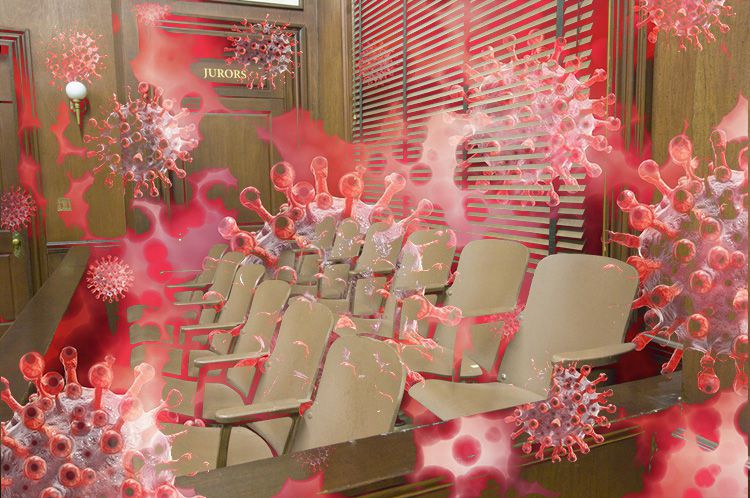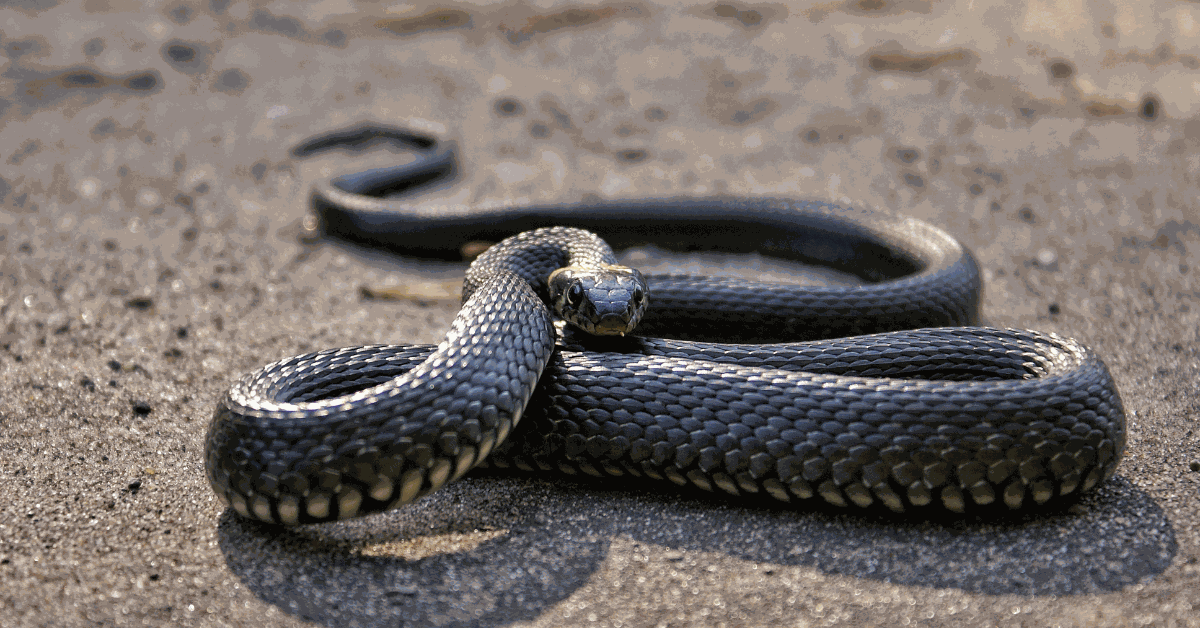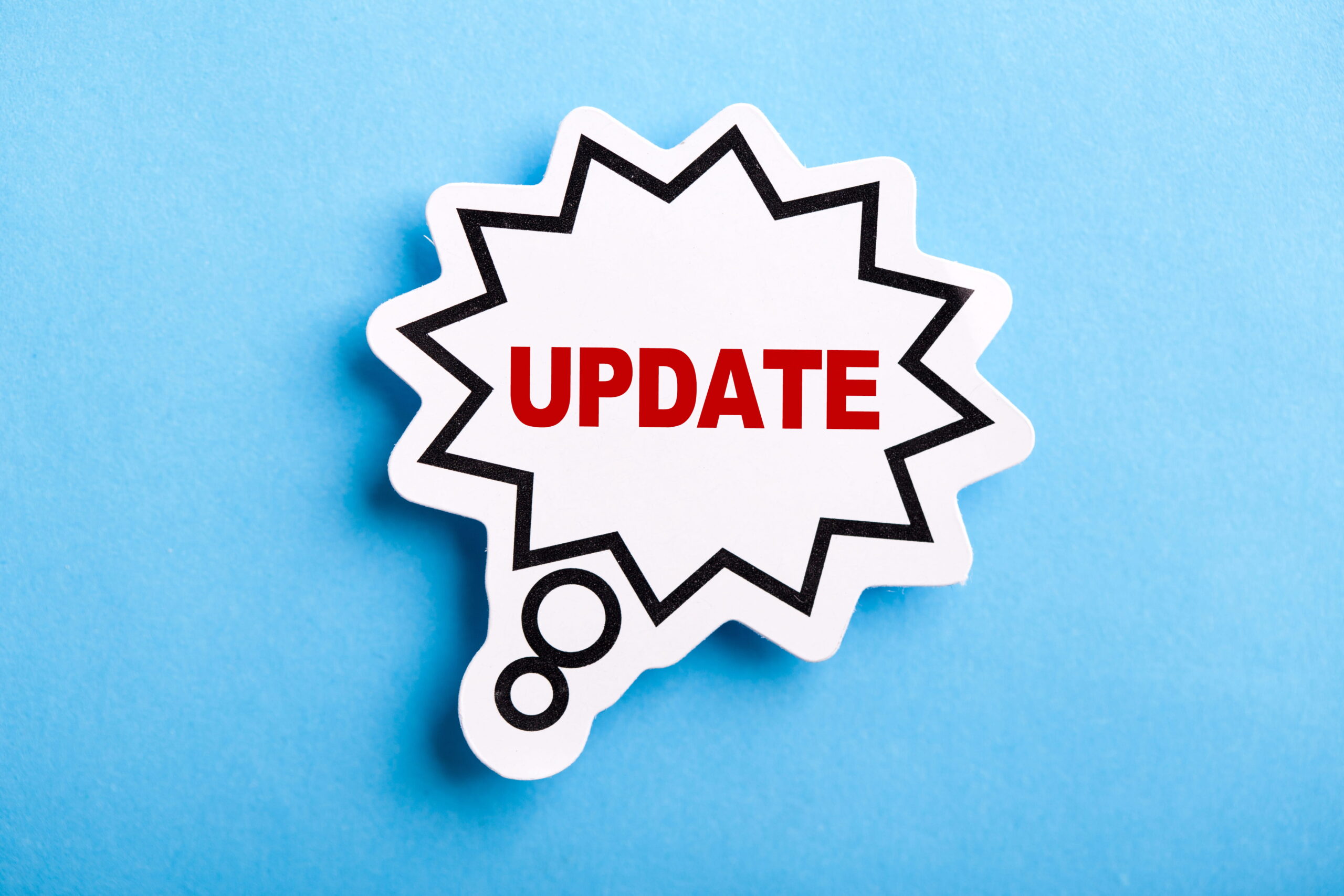In part 1 of this article about the key factors that trial attorneys, in-house counsel, and claims professionals should consider in evaluating the advantages and disadvantages of a civil jury trial in the midst and wake of the coronavirus pandemic, we wrote about jurors’ perceptions of corporations and industries and jurors’ willingness to serve. In part 2 we discussed jurors’ mental health and emotional states and jurors’ susceptibility to Reptile tactics. In this final part, we cover what litigation teams should consider as they move forward in their litigation.
Moving Forward
Even with the distribution of vaccines, it is likely that COVID-19 will remain a threat to prospective jurors’ health and well-being for the next several months or more. It will be some time before civil trials can proceed “normally” without social distancing protocols and many other COVID-related modifications. Although each case is different, evidence suggests that the COVID-19 crisis alone will not lead to a substantial increase in plaintiff verdicts or in damages awarded in typical civil cases (i.e., cases not focused on allegations of COVID-19 exposure, illness, etc.). In fact, defendants may have some advantages when trying cases in the midst and wake of COVID-19, especially if there is a willingness to invest in preparation efforts. Because the public has become increasingly comfortable with technology and online communications, many preparation activities can be conducted virtually.
Pre-trial
Witnesses are just as susceptible to the negative mental health impacts of COVID-19 as anyone else, and likely even more so due to stress and anxiety regarding their upcoming testimony. Given the emergence of even more aggressive plaintiff tactics, proper and thorough witness training is now even more critical in promoting favorable negotiations and trial outcomes. Time must be made for personal, informal introductory meetings and conversations to assess witnesses’ vulnerabilities and psychological barriers to withstanding opposing counsel’s attacks and effectively communicating with the jury. Corporate representatives and those in mid to upper management positions in particular often strive to present themselves as positively as possible when interacting with attorneys.
The consequences of failing to properly assess a witness early on can be disastrous as emotional, behavioral, and psychological issues can take time to address. Thus, it is advantageous to include a qualified Litigation Consultant as a member of the team in witness preparation efforts. CSI offers witness assessment and preparation services that can be conducted either in-person or virtually.
Virtual pre-trial research projects have become the “new normal” since March 2020. Not only have counsel and clients opted to conduct online projects due to safety concerns, but they also are increasingly recognizing the benefits of online research. Online projects eliminate the need for travel and many other expenses and can be easily tailored to address specific research questions and goals. A virtual format makes it more efficient and cost-effective to examine the effects of two different case presentations or approaches on mock jurors’ decisions (e.g., overtly blaming the plaintiff vs. not blaming the plaintiff, proposing an alternative damages model vs. not proposing, including evidence that may or may not be admissible at trial vs. excluding). Simple online research projects may solely examine mock jurors’ perceptions of one or more key witnesses with feedback used to improve witness performance. CSI also can conduct venue attitude surveys to collect data on prospective jurors’ perspectives on specific corporations or industries, litigation, willingness to appear for jury service, and many other attitudinal, personality, and demographic variables to inform litigation strategy.
Jury selection and voir dire
Attorneys conducting voir dire and jury selection during the COVID-19 crisis face a unique set of challenges. These may include limited time for in-person voir dire, difficulty hearing jurors and reading facial expressions and body language due to masking and social distancing protocol, and restrictions on the number of members of the legal team or affiliates that can be present. However, current circumstances have also resulted in new opportunities for defense counsel and clients.
Currently, many judges previously hesitant to allow supplemental juror questionnaires (SJQs) may be more likely to approve them, as doing so can limit the time needed for in-person voir dire. Research has shown that many jurors are uncomfortable sharing their true perspectives during voir dire with other jurors present and are more forthcoming when provided with the psychological cover of a questionnaire.[1] SJQs may be especially valuable in revealing negative attitudes, beliefs, and experiences with health care professionals and entities among jurors who fear being perceived as insensitive or politically incorrect in publicly challenging the industry. Carefully and sensitively crafted SJQ items can also provide insights into jurors’ emotional stability, cognitive ability, and propensity for gut-level, rapid processing versus analytical processing.
Analysis of prospective jurors’ social media activity and online presence is critical in jury selection decisions and is typically more rewarding for defendants compared to plaintiffs. This is because jurors who generally profile as more “pro-plaintiff” are more likely than their counterparts to post frequently on social media platforms and to allow public access to these posts. In addition, studies show that most Americans report more frequent social media use since the pandemic, with about half of those surveyed reporting that they post more frequently now than before the COVID-19 crisis.[2] It is ideal to have a list of prospective jurors ahead of time but not necessary; CSI Litigation Consultants regularly partner with our licensed background investigative team to provide juror data, insights, and selection recommendations in “real time” the morning or afternoon of jury selection.
Although we generally recommend that voir dire should be more focused on examination rather than indoctrination, this does provide an opportunity for defense counsel to advance anti-reptile themes in the context of COVID-19. Jurors should be encouraged to discuss risk/benefit analyses they have made due to COVID and also to publicly commit to beliefs that dismantle the “all or nothing” narrative of safety and danger. Counsel should explore jurors’ “meaning making,” or interpretation and reaction to the COVID-19 crisis in both the SJQ and voir dire. Although counsel should be aware of significant COVID-related stressors that jurors have experienced (e.g., impacts on finances, employment, personal relationships, and health and well-being of self and others), it is even more important to understand how jurors have handled these challenges. Do they try to “make the best of things,” utilize healthy coping mechanisms, and/or give credit to other people and entities for their support? Or do they present as helpless and eager to blame others without accepting any personal responsibility for improving their situation? We all have been deeply affected by the COVID-19 crisis, but it is the framing of the situation that can often differentiate pro-defense from pro-plaintiff jurors.
Conclusion
In addition to the four topics discussed in this post, there are many other factors for the defense to consider when facing a jury trial in the COVID era. These include (but are not limited to) case strength, case complexity, recent COVID-19 developments, publicity surrounding specific industries and companies, the assigned judge, and deliberation dynamics in an era of increasing polarization. Including a qualified Litigation Consultant as a part of the team can greatly reduce the burden on trial attorneys by allowing them to focus on the legal aspects of the case while the Litigation Consultant focuses on the psychological aspects. Such partnerships can vastly increase the likelihood of positive trial outcomes and overall reduced litigation costs, especially given that plaintiff attorneys are increasingly conducting pre-trial research and retaining their own consultants.
[1] Seltzer, R., Venuti, M. A., & Lopes, G. M. (1991). Juror honesty during the voir dire. Journal of Criminal Justice, 19, 451-462.
[2] Wold, S. (2020). Covid-19 is changing, how, why, and how much we’re using social media. Digital Commerce 360. Available at https://www.digitalcommerce360.com/2020/09/16/covid-19-is-changing-how-why-and-how-much-were-using-social-media/
Be confident in achieving superior litigation outcomes. CSI has the expertise, track record, and capabilities to help you win.



